Theoretical Variable, Quantum Theory, Relativistic Quantum Field Theory, and Quantum Gravity
₹995.00
ISBN: 9789392062537
Author Name: Inge S. Helland and Harish Parthasarathy
Binding: Paperback
YOP: 2025
Language: English
About the Books:
Theoretical Variable Theory presents an innovative mathematical framework that redefines the structure of quantum mechanics. Initially proposed by the first author and expanded by the second, this theory classifies quantum variables into two categories: inaccessible variables, which cannot be simultaneously measured due to their lack of mutual commutativity, and accessible variables, which can be simultaneously observed because they do commute.
In this approach, accessible variables are expressed as functions of the inaccessible ones. Symmetry groups operate on these inaccessible variables and influence the accessible variables. For instance, in a quantum system, canonical positions and momenta constitute inaccessible variables, while specific positions or momenta represent accessible ones. Using the Weyl-Moyal formalism, observables tied to inaccessible variables can be represented via Weyl translation operators, allowing a quantum Fourier transform of the observable.
The book demonstrates how these concepts apply in relativistic quantum field theory, string theory, and quantum gravity, showing how commutativity shifts in the presence of other fields. Topics include light-signal communication in space-time, the potential retrieval of information from black holes via entangled states, and the increase in entropy when open quantum systems transform pure states into mixed ones.
Through examples such as boson fields, the authors illustrate how inaccessible and accessible variables form distinct sets, deepening our understanding of quantum field theory and quantum gravity. Readers are encouraged to explore further research areas, such as the evolution of inaccessibility with cosmic expansion and the boundaries of measurability. By focusing on theoretical variables, this book offers a fresh perspective on fundamental issues in quantum mechanics.
About the Authors:
Inge S. Helland was born in Bergen, Norway, in 1947. He studied mathematics, physics, and statistics at the University of Bergen from 1968 to 1973. During his studies, he spent a few months at the Niels Bohr Institute in Copenhagen, where he decided to shift away from physics due to the highly formal nature of quantum theory’s foundations. He later graduated in statistics and became a professor of statistics at the Agricultural University of Norway (1983–1996) and the University of Oslo (1996–2012). After retirement, he revisited the foundations of quantum theory and has since authored three books and more than ten articles on the subject, eight of which have been published in international physics journals. His research aims to bridge theoretical physics with applied and theoretical statistics.
Harish Parthasarathy received his B.Tech degree in Electrical Engineering from IIT Kanpur and his Ph.D. in Signal Processing from IIT Delhi in 1994. He served as a visiting fellow at the Indian Institute of Astrophysics, Bangalore, from 1993 to 1994 and has taught as faculty in the Electrical Engineering departments at IIT Bombay and IIT Kanpur. Currently, he is a Professor in the Electronics and Communication Division at NSUT, Delhi, where he teaches undergraduate and postgraduate courses in Signal Processing, Electromagnetics, Transmission Lines, Waveguides & Antennas, as well as electives in Quantum Field Theory, Quantum Robotics, and Quantum Stochastic Processes. Dr. Parthasarathy has published over 180 papers in international journals and conferences and is the author of 30 books covering topics in mathematical physics, signal processing, and antenna theory.
Pages: 290
Subject 1: Electrical Engineering
Subject Area: Electrical Engineering | Electronics Engineering | Optical Engineering | Computer Engineering | Aerospace Engineering | Nuclear Engineering | Materials Engineering | Nanotechnology

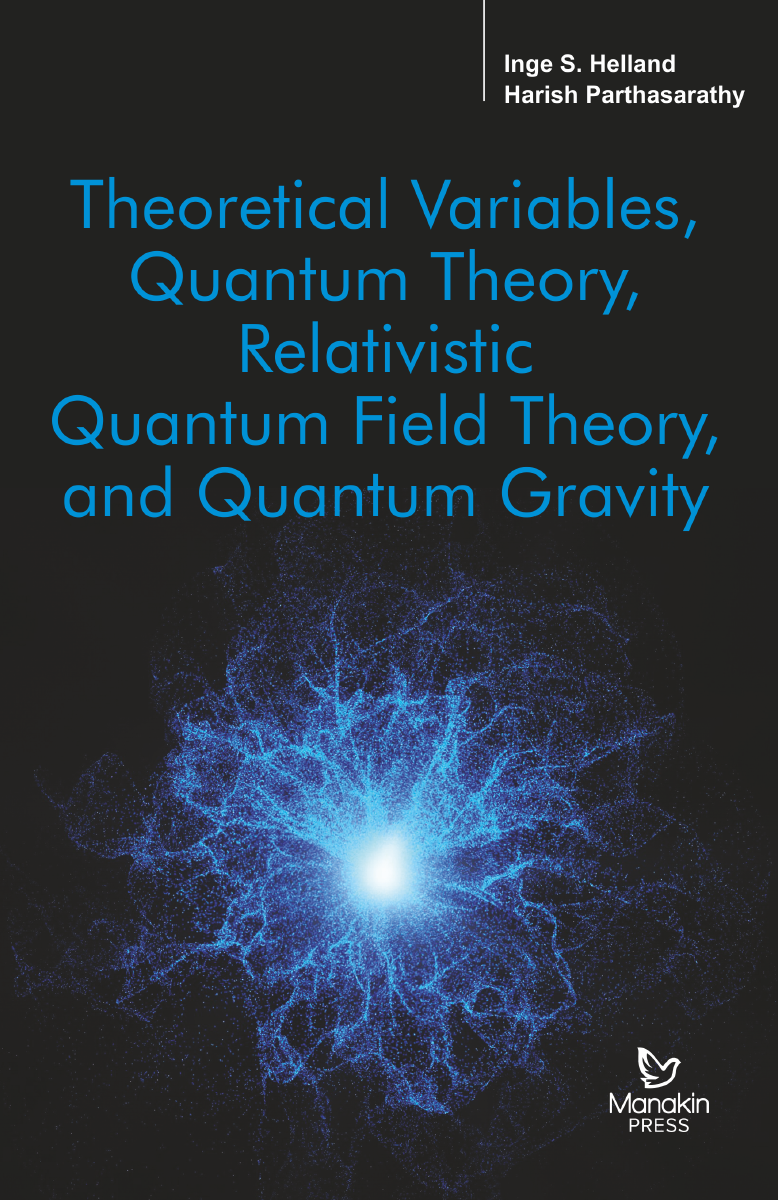
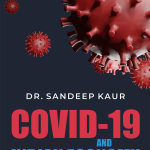

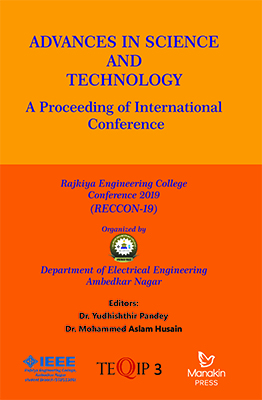

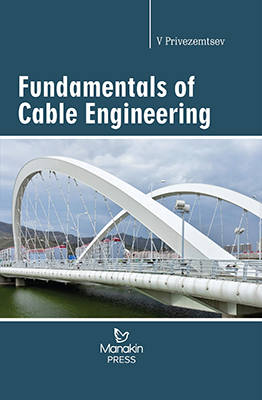
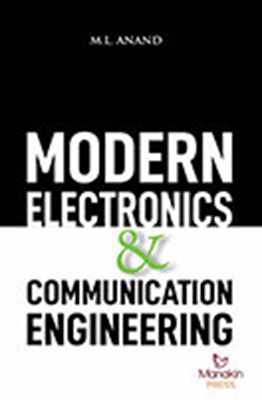

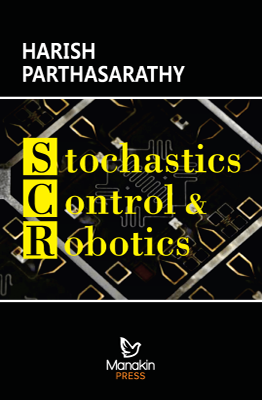
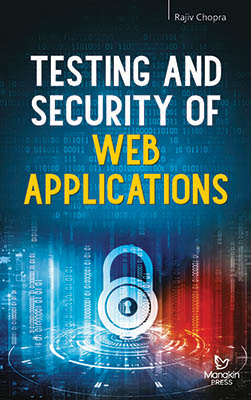
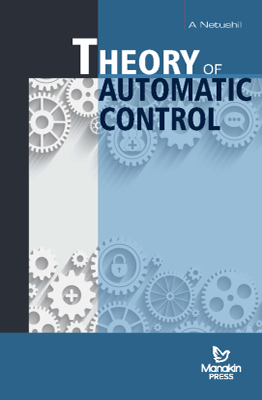
Reviews
There are no reviews yet.